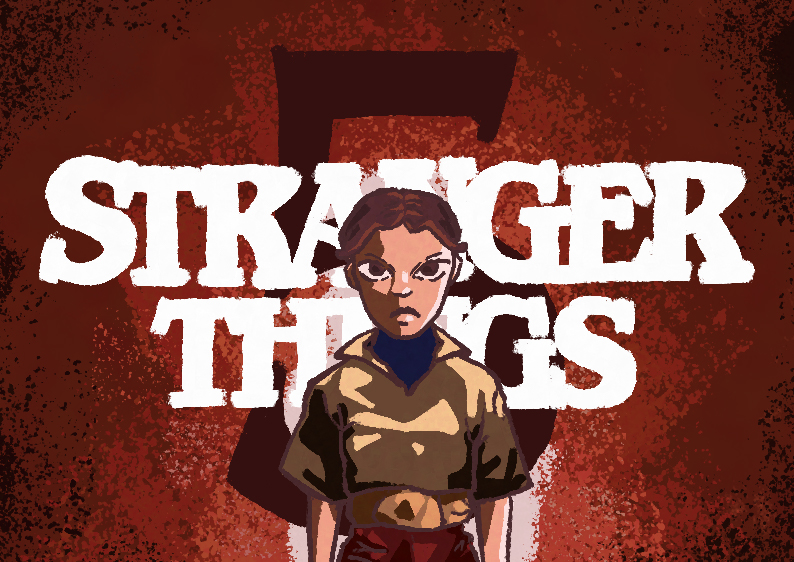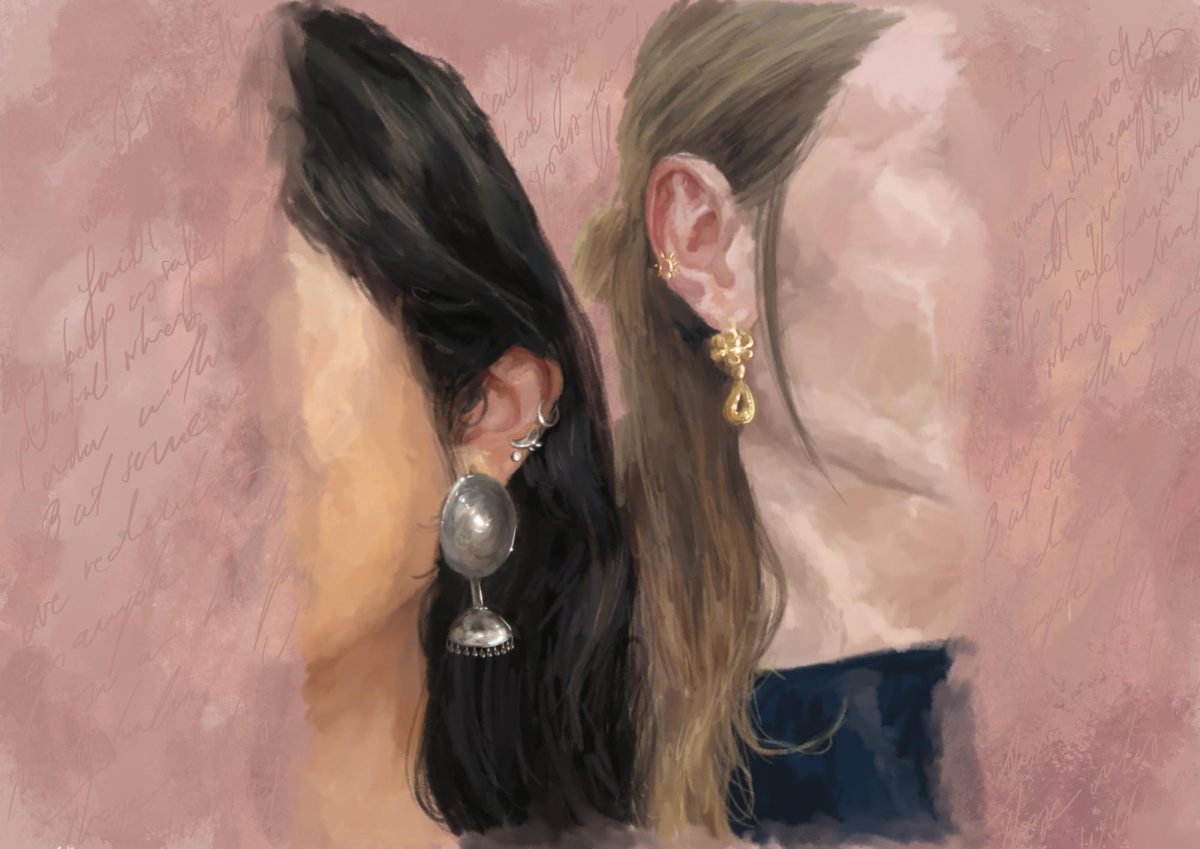DISCLAIMER: Please do not take this writing as an all-encompassing representation of certain cultures. Everyone’s experiences are different. This is not a factual piece but a personal experience.
Growing up, love in my family was unspoken. Unspoken rules, actions, judgement, and expectation. There was a cultural backbone that held everything together-blood is thicker than water, always pour water for elders first, don’t start eating until grandma and granddad do first.
Food was the way we connected. At the dinner table, it was a place of harmony, laughter, and the only time my family met up other than at weddings or funerals. It felt like harmony: like happiness. Chinese New Year, Moon festival, Dragon Boat racing, fireworks.
My job, as an 8-year-old child, was simple. Acknowledge your elders and be good at grade 3 maths – times tables from 2 to 9, easy. The expectation didn’t feel like a burden, but a reassurance that my family cared about me, about my future.
When I was eleven, my mother found another partner, and my world widened. My stepfather, who grew up in Australia, brought a different kind of warmth into our family. It was strange at first – the shoes left by the door, the way dishes soaked in the sink, and how he would always take the last dumpling without asking (if you know, you know). But what surprised me most was how easily he said, “I love you.” He said it to his son after a joke, after a disagreement, even in passing. I envied how natural it seemed for him.
I attempted it a few times over the last few years, but the words would always cling to the edge of my tongue and tighten the back of my throat. I always found myself stranded in awkwardness, swept away by another conversation, staring wordlessly at my mum.
As she prepped dinner the one night, I sat on the counter watching her cook. While she chopped up the shallots in front of me, I noticed how the crevices around her mouth had become cavities. I noticed how time had sapped youthful vigour from the fullness of her cheeks. I wondered if she was tired, if she was okay, if I was the reason for the wrinkles that deepened around her eyes. I asked her, “Did you need help with that, Mum?” As usual, she responded, “No, go study.” The awkwardness hummed between our silences. The shallot crunched as the knife scored it along its length. The smell of soy sauce, coconut oil, chilli flakes. The sizzling of the stir-fry. Ten words to communicate what could have been said in three.
Silence feels like Judgement Day, like discomfort, like anger. It feels like expectation, and loneliness. But I don’t hate it, because I know that my mother has already said the elusive three words a million times over, in a million ways I wouldn’t even know, or remember.












